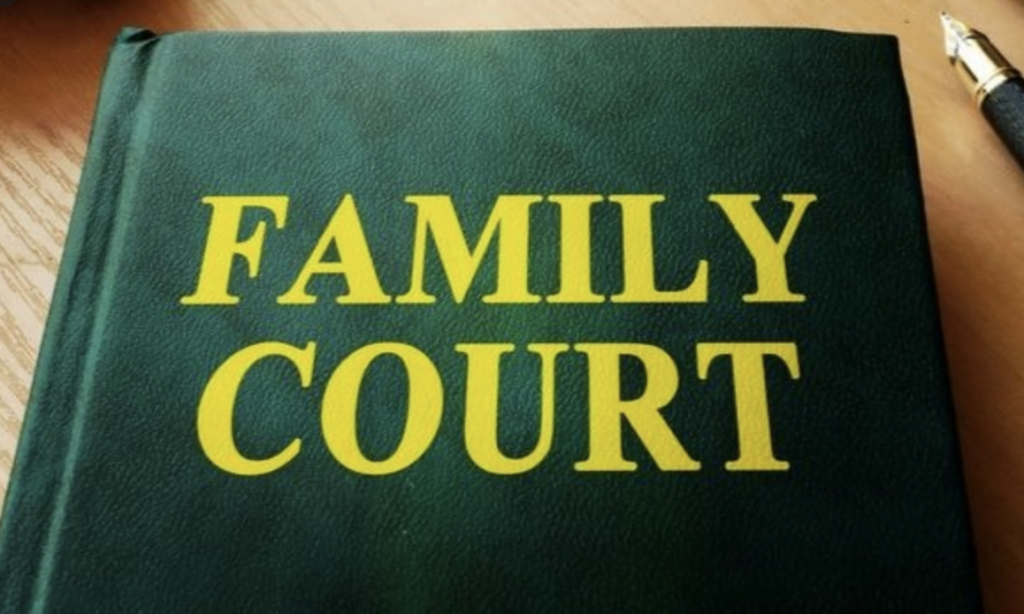What to expect in a CAFCASS interview
This blog explains what CAFCASS do behind the scenes, who they talk to at the start of a case, what questions to expect in the telephone interview (your first contact with a CAFCASS worker) and the types of reports they write. It will help you to be better prepared.
CAFCASS set out some basic information on their website.
For more information about types of court hearings in family cases see our page on family court evidence.
What CAFCASS does at the start of a case.
 Before the first hearing CAFCASS central office carries out safeguarding checks. Their purpose is to identify the risk factors and welfare concerns affecting children or vulnerable adults in the case, which the court must be told about. They are trying to distinguish cases with serious risks from those where safe and early resolution might be possible. In other words it’s a screening process.
Before the first hearing CAFCASS central office carries out safeguarding checks. Their purpose is to identify the risk factors and welfare concerns affecting children or vulnerable adults in the case, which the court must be told about. They are trying to distinguish cases with serious risks from those where safe and early resolution might be possible. In other words it’s a screening process.
All the adult parties named in the application will be checked on with any relevant local authorities and the police. Local authority checks are to find out whether a family is known to them and to see if social services are or have been involved with a family. Police National Computer level 1 checks are carried out to find out about any arrests and convictions. Any relevant ones are reported to the court. Where more information is needed, CAFCASS will request level 2, enhanced police checks. This is to get disclosure of information held on local forces’ databases, including local intelligence and call out logs. Domestic abuse information or child abuse information would be the kind of thing they’re looking for here.
CAFCASS then write a ‘safeguarding letter’, and if necessary, if the court asks for it, more information can be added, which is described as an update to the safeguarding letter.
The telephone interview
After the safeguarding screening the case is transferred from the CAFCASS central office to a local family court adviser (FCA) who will do a telephone interview with the adults in the application. CAFCASS say that they do not record telephone calls because a written record of each call relevant to the case is made and kept on the case file. Areas for discussion in this call are supposed to include, but are not limited to;
- The child’s situation;
- The relevance of information from the safeguarding checks;
- Any concerns about things like domestic abuse, alcohol or substance misuse and mental health problems.
During the call, the parties are not asked to talk about wider issues, for example current or proposed contact arrangements. If parents raise these issues, the FCA will say that they need to be raised at the First Hearing Dispute Resolution Appointment (FHDRA).
No direct ‘work’ is undertaken with children at this stage.
The telephone interview plan
Thanks to a freedom of information request CAFCASS has published its interview plan for the telephone call. It is dated August 2014 and may have been subsequently reviewed and changed, but this will still give you an insight about what to expect. You will find the interview plan here.
From the interview plan, you will see the form the telephone discussion is supposed to take and the issues that will be covered. There are nearly 100 issues on the list so it’s pretty extensive (although it’s said, by those commenting online, to last only about half an hour). You will be much better prepared if you read through the interview plan in advance to understand the issues they will be concentrating on and think about how you will answer their questions.
If you want to record a CAFCASS interview.
CAFCASS say there should be no need to record an interview with them but if the FCA is told by an individual that they intend to record it, this will be referred to in the report and they may ask for a copy of the recording if it’s going to be sent to the court. They also say a copy would have to be provided to the other party. Because interviews will contain information confidential to the court, the FCA may ask the court to make an order for the recording to be kept confidential if they are worried about it being disclosed. For example if the recording might be posted on social media or shared with people who are not entitled to have access to it.
The safeguarding letter.
The safeguarding letter contains a summary and analysis of the available safeguarding information and any issues arising from it. It is provided to the court before the FHDRA. It is also sent to the parties unless there are risks in doing so. In this instance, the FCA will alert the court to any risks so the court can decide how this information can be shared safely.
The First Hearing Dispute Resolution Appointment (FHDRA)
At the FHDRA, CAFCASS asserts that the FCA will ‘work’ with the parties to the hearing. If that goes well the outcome could be a consent order which the court will approve. However, if consent isn’t possible, or there are concerns about the welfare or safety of the children, CAFCASS lists 4 things the court may do. These are listed here.
The fourth of these options is for CAFCASS to carry out more detailed work with a family and to write a report about the children’s welfare known as a section 7 report. You’ll find more about section 7 reports here.
Section 7 Children Act reports
At this point the involvement with CAFCASS becomes much more complicated. There will be face to face interviews with the adult parties and possibly others and children will also be involved. More on this in another blog (to know when it’s posted, subscribe to our blog and we will send you weekly email updates).
The section 7 report is ordered by the Court to provide information about a child’s welfare, advise what is best for the child and to address any risk factors or concerns about a child, parent or other relative. The Court defines what the FCA should focus on.
The report is usually written by a CAFCASS worker but it may be written by a social worker from the local authority in cases where an application has been made to the Court under section 8, Children Act 1989. A section 8 application is for a Child Arrangements Order, Prohibited Steps Order, Specific Issue Order, or a Family Assistance Order. A Family Assistance Order is a short term order requiring a CAFCASS officer or a social worker to advise, assist, and befriend any person named in the order.
In Part 2, I will look at how best to tackle the telephone interview and give you guidance and tips about how to deal with the process and get the best out of it.


